U.S. President Joe Biden stood in front of a group of Israelis who experienced firsthand, and in the most painful way, the events of October 7’s Black Saturday. Bereaved parents, relatives of missing persons and abductees, as well as residents of the Gaza border communities who became refugees in their own country.
It was 4:15 P.M., and the president’s aides were signaling to him that it was time to wind up his brief visit to Israel and head for Ben-Gurion International Airport. Biden raised two fingers into the air to make it clear to them that he had no intention of doing so. “I want to talk to these people,” he said.
He spoke in a low voice, which caused his Israeli listeners, a little more than 10 in number, to gather around him, within touching distance. After a full day of meetings with Prime Minister Benjamin Netanyahu, President Isaac Herzog, the members of the war cabinet and other officials, Biden insisted on departing from the protocol and extending the timetable to do one of the things he is best at – offering comfort.
For half an hour, he stood with the group, who were supposed to get nothing more than a quick handshake and a few polite words. Instead, he spoke with us about his personal experience of bereavement and loss, as someone who has lost his first wife and two of his children over the years. He talked about how love survives even after death and how the memory remains years after the tragedy.
He shared with us the challenge of not giving in to despair or turning sadness into anger. There were moments when he wiped a tear from his eye. The Israelis who stood around him, all of whom had just emerged from a personal, communal and national disaster zone, were captivated. It was impossible to take your eyes off him.
I was invited to the meeting not as a journalist but as a resident of Nahal Oz, the first kibbutz across the border from Gaza City, which became a blood-soaked battleground that Shabbat. In the fleeting moment I was given to speak directly with Biden, I told him how five terrorists were standing outside the window of my house, one of them armed with an RPG. I asked him to do all he could to help the Israelis now in the hands of Hamas in Gaza, mainly by pursuing diplomacy aimed at getting at least some of them to be released, particularly women and children.
Each member of the group was given a minute like me; the issue of the hostages came up each time.
Among those present were Eyal Waldman, whose daughter Danielle was murdered at the music festival next to Kibbutz Re’im, and Mohammad Darawshe, whose nephew Awad was a paramedic who tended to the injured and was murdered at the event.
Biden hugged both of them and spoke about how hate and racism should never be allowed to grow out of pain. He also gave a long and emotional hug to Rachel Edri of Ofakim, who became a national hero after she deceived Hamas terrorists who invaded her home and helped the security forces kill them.
Each member of the group received from the president a penetrating personal look, an expression of pain and identification, and above all, an ear. He stood there, shared with us his personal life experience, and listened very intently to ours.
The conversation wandered to other subjects. Biden related how as a child, he heard from his father stories about the horrors of the Holocaust, and how he felt obligated as a father himself to teach his own children this history. The similarity to the stories that commanded our news coverage for the past few days, about parents who hid their children and who explained to their toddlers that now they need to be quiet because dangerous people are outside, hovered constantly in the background. It was an incomprehensible situation: the president of the United States standing in front of a group of Israeli citizens and helping them process the horrible experience they’d just had, giving it historical context, and thinking together how to overcome it.
Most Israelis heard over the last few years derogatory things about Biden due to his advanced age. Those who had the honor of meeting him Wednesday afternoon saw his age from another perspective, one of life experience and wisdom. He spoke about the American response after September 11, about the challenges facing democratic countries fighting terror organizations operating within civilian populations. These were not hollow attempts at public diplomacy that you can hear on Israel’s television channels every evening, but rather measured and precise observations regarding the massive challenge facing us, and which could also impact our relations with the United States.
The conversation dragged on, but the U.S. president, standing the whole time, politely declined his staff members’ requests to depart. He shared a joke with us, noting that as president, it’s others who try to manage his schedule. Before parting, he reiterated his statements of the past few days, of his administration’s commitment to aid Israel during one of the most challenging times in its history. But this time, it wasn’t a policy declaration, but nearly an emotional statement. It was as if everything we’d heard up until that point was the background to explain why he’s doing this, why he chose to send us aircraft carriers with another one on the way, and why he decided in the middle of this war, closing in on us from the south and maybe also the north, to come here and meet with us.
Biden came to Israel to give us both diplomatic and military backing. But in this meeting, the feeling was that he came to give us something more, no less important: a hug. This was a hug that the Israelis deeply lacked over the past week and a half. Our leadership, first and foremost Netanyahu, proved that they have no capacity for empathy, to feel compassion for the citizens’ pain, or to offer true words of comfort from the heart and not from a crib sheet prepared by their social media advisors. Netanyahu paid a very short visit to Kibbutz Be’eri and didn’t even try to meet the residents whose homes were destroyed. He didn’t invite survivors or families to his office. At no point did he offer a hand or a hug. All of this we finally received on Wednesday from the man who is currently the world’s most important Zionist leader, U.S. President Joe Biden.

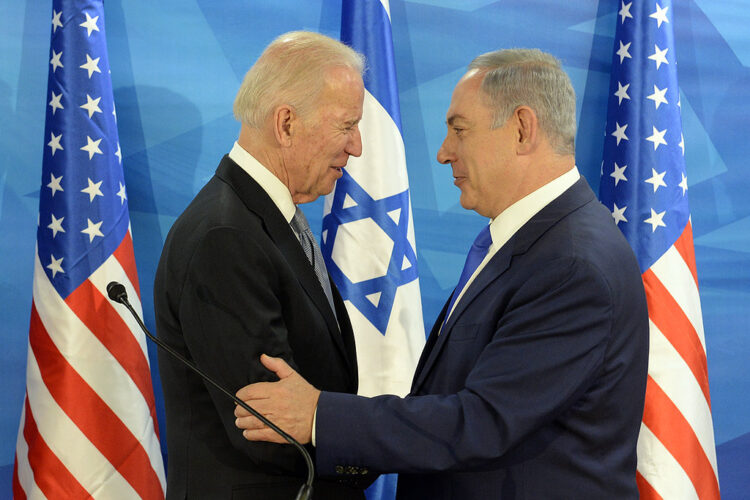
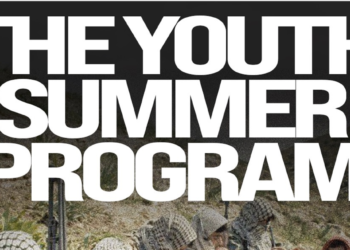
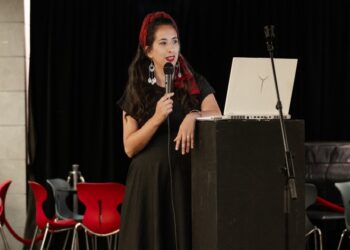
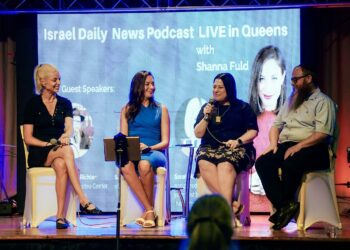

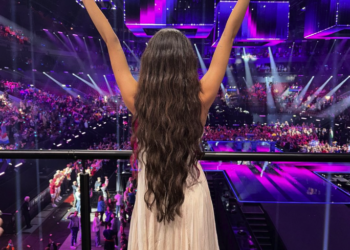
















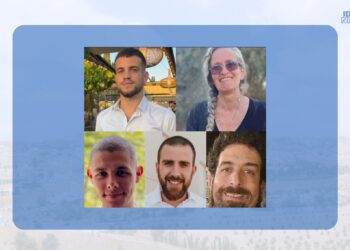

Discussion about this post